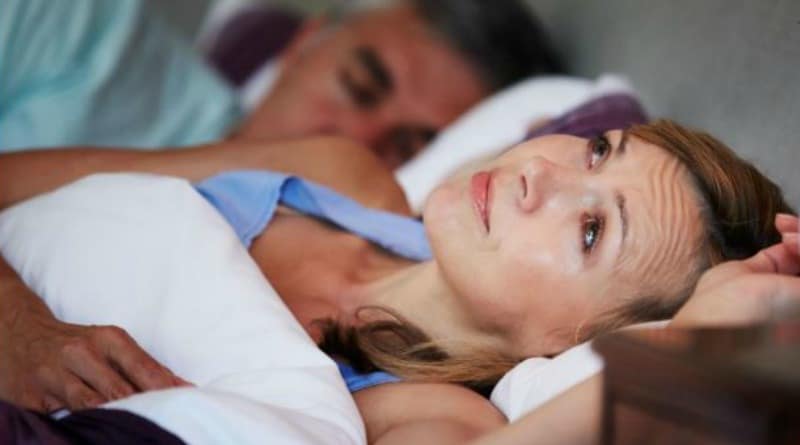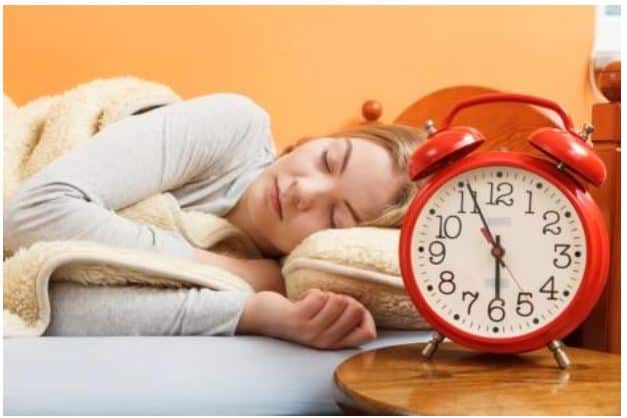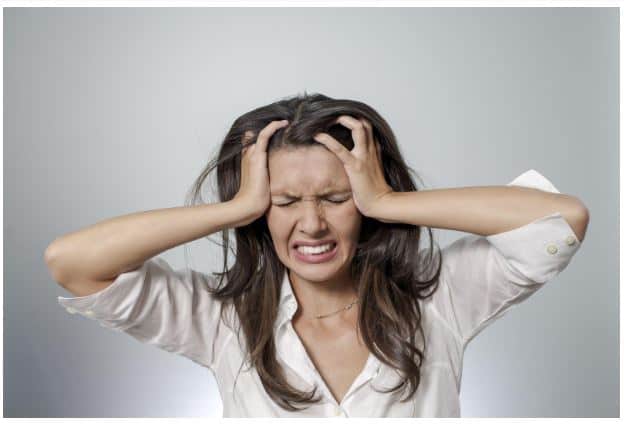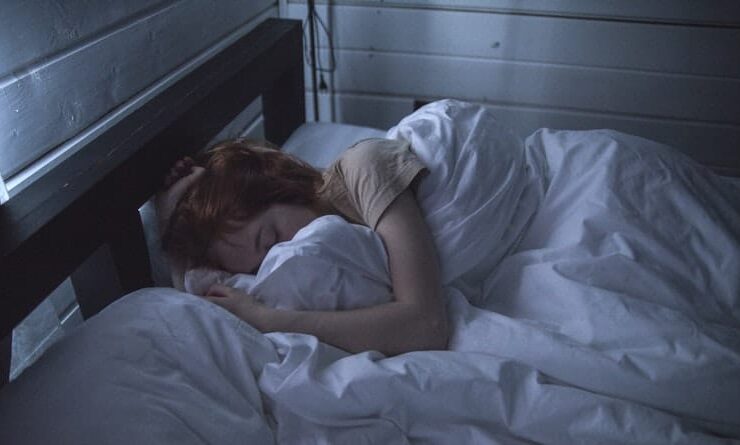Restoring your Sleep During Menopause

The phases in a woman’s life are what make her phenomenal. While young, you have to deal with cramps every month and body discomfort. Most young ladies cannot wait to reach menopause, but this phase too comes with its unique challenges. This is the period where the ovaries stop making estrogen and progesterone hormones. It marks the end of menstruation but the beginning of sleep problems.
Statistics reveal that more than 80 % of women who have reached menopause go through sleep problems that come from excessive sweating and hot flashes. The decrease in the production of estrogen during menopause is what causes such symptoms.
The body suddenly becomes too warm even when the atmospheric conditions are normal. It may begin from your face and spread to the chest. Menopause comes with a rise in temperature followed by long hours of wakefulness. This condition worsens during the night and makes it hard to sleep. The sleep difficulties that menopausal women go through cause problems during the day as one can suffer from drowsiness and fatigue.
Apart from hot flashes and sweating, some women also experience other sleep disorders including such as insomnia, sleep apnea. It is also possible to get depression or anxiety during menopause. Such problems interfere with your daily activities and lower the quality of your sleep.
If you have sleep apnea, you may feel tired during the day and experience problems focusing on your work. Sleep apnea is a serious condition that can be treated using a continuous positive airway pressure (CPAP) machine. In fact, using a CPAP machine is one of the most effective treatments for sleep apnea today.
The coping strategies to restore sleep during menopause
Knowing how to deal with the situation can help you lead a normal life. Start with the following:
Try medication
You can seek traditional treatment for menopausal symptoms known as hormone replacement therapy (HRT). The treatment involves introducing your body to estrogen in the form of a pill or a patch. It can also come as a vaginal cream, injection or a gel.
Though the treatment may help with the symptoms, is not the safest as it can cause conditions such as dementia and cardiovascular diseases. It is therefore not suitable for everyone. If you still consider the option, maintain small doses for a brief period.
As an alternative, you can go for antidepressants which can relieve negative emotions and hot flashes. Some useful anti-depressants include venlafaxine, paroxetine, and Prozac. Some prescription medications and nutritional supplements can also improve your sleeping problems and reduce other symptoms of menopause.
You can take calcium supplements, vitamin D or bisphosphonates. The supplement strengthens your bones and prevents you from osteoporosis. Nutritional supplements like ginseng and black cohosh are a source of phytoestrogens. The doctor can also prescribe specific drugs that deal with sleep problems like insomnia.
Make changes at home
Other than relying on medicines, you should also make some adjustments in your home to accommodate your condition. For instance, you can enhance your sleep by making your sleeping environment cooler. Ensure that you sleep in light clothes made from cotton to absorb excess sweat.
You can also get a new mattress from Avocado mattress. They offer high-quality organic mattresses that can regulate temperature as you sleep. It can increase your comfort level and reduce hot flashes and sleep problems. Also, ensure that you choose light bedding when you sleep. Sometimes, you can sleep without covering yourself at all instead of using heavy blankets over your head.
Your room should also be cool and ventilated well. An air conditioner can help you regulate the temperature so that you can sleep for long without any difficulties. It also enhances the circulation of air within your room. If the bed still feels warm, try sleeping in a hammock to put yourself in a relaxation mode.
Observe your diet
Try to adjust the foods that you consume. The first years of menopause are usually the hardest, therefore the need to make most adjustments. Stay away from spicy food since they affect your body temperature and cause sweating at night. You should also avoid alcohol or drugs which not only harm your body organs but also change your sleeping patterns. Stimulants like caffeine can also worsen insomnia.
Add soy products to your diet. Tofu and soymilk can provide your body with the plant hormone phytoestrogen which is not different from estrogen. The problems with soy products are that they cause gastrointestinal effects, therefore, take them in moderation. Do not consume large meals before sleeping since this slows down the digestion process.
Establish a sleep routine
Stick to your sleep routine. Ensure that you get to bed every day at the same time so that your body and mind get used to your schedule. You should also pee before you get to bed so that it does not interrupt your resting period.
Exercise
Take some time during the day to conduct exercises. The habit can boost your immunity and prevent you from infections. It also makes you sleep better at night. If you have problems such as depression, exercise can relieve its symptoms.
Practices help you maintain healthy weight levels so that you don’t have a lot of body fat that causes unnecessary sweating. Avoid practicing some minutes before bed since this can make your brain more active and delay sleep. It also makes you sweat which can prevent you from sleeping.
Avoid power naps
During the day, it is not advisable for a menopausal woman to enjoy some power naps. They can make it hard for you to get any sleep at night. Try to keep yourself busy by doing different activities during the day so that by night time, your body is tired and ready to take a rest.
Keep stress levels down
Stress during menopause makes the symptoms unbearable and interferes with your sleep. Use relaxation mechanisms such as deep breathing and meditation to clear your mind of disturbances. Go for body massage regularly to release any tension in your muscles.
Final thoughts
Menopause can cause major challenges in your sleeping habits. The low-level sex hormones in the body affect your mood, sexual drive, energy or even cognitive abilities. It takes the implementation of smart sleep tactics and a change in lifestyle for one to adapt.
What's Your Reaction?
Newly middle-aged wife of 1, Mom of 3, Grandma of 2. A professional blogger who has lived in 3 places since losing her home to a house fire in October 2018 with her husband. Becky appreciates being self-employed which has allowed her to work from 'anywhere'. Life is better when you can laugh. As you can tell by her Facebook page where she keeps the humor memes going daily. Becky looks forward to the upcoming new year. It will be fun to see what 2020 holds.











